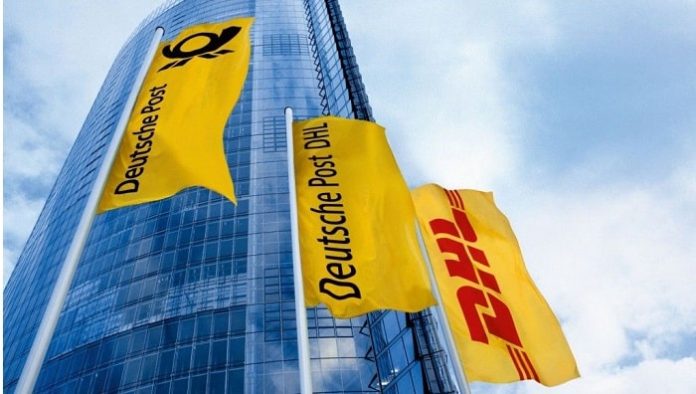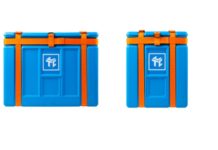Deutsche Post DHL Group (DPDHL) and Resilience360 are providing the Global Logistics Cluster, which is led by the United Nations World Food Programme (WFP), access to Resilience360 (R360). R360 offers a comprehensive suite of supply chain risk management solutions. The Global Logistics Cluster is part of a humanitarian cluster system and provides coordination, information management and shares assets through the facilitation of access to common logistics services, including for humanitarian organizations working to deliver relief supplies to the front lines of the pandemic as quickly as possible. Disruptions to supply chains caused by COVID-19 has made this process a more complicated – but all the more essential task. Therefore, DPDHL, in collaboration with R360, is supporting the Logistics Cluster in monitoring supply chains for the transport of humanitarian and health cargo.
”We are proud of having supported the United Nations with our disaster management program GoHelp since 2005. As part of our responsibility towards the humanitarian community we now provide our core competency in logistics to support in the response to COVID-19”, said Monika Schaller, Executive Vice President of Communications, Sustainability & Brand at Deutsche Post DHL Group.
“The Global Logistics Cluster aims to avoid duplication of efforts and ensure the optimal use of resources for all humanitarian organizations. This support from DHL will facilitate sharing of time-critical information with humanitarian organizations, showing them where certain incidents occurs and allowing them to adapt accordingly”, said Bruno Vandemeulebroecke, Deputy Global Logistics Cluster Coordinator.
Besides a visualization of incidents worldwide, a COVID-19 Intelligence Center is available via R360
With the information from the cloud-based Software as a Service platform R360, the Logistics Cluster is able to visualize humanitarian supply chains. This enables them to determine what risks a supply chain may be impacted by, so that contingency plans can be put in place, if necessary. R360 also recently launched a specific COVID-19 Intelligence Center to give an overview of air, sea and land border traffic restrictions, as well as lockdown measures implemented worldwide. This provides both humanitarian organizations and companies with real-time intelligence to adapt to the impact of the coronavirus crisis on supply chains and get vital aid to where it is needed.
About the Disaster Response Team (DRT)
The DRTs are part of DPDHL Group’s GoHelp disaster management program, which it has operated in partnership with the United Nations (UN) since 2005. Through this partnership, the Group provides the UN and national disaster management agencies with pro bono access to its core logistics expertise, and the logistics skills of more than 500 specially-trained employee volunteers worldwide who can deploy within 72 hours after a natural disaster.
Since the partnership was launched, the DRTs have completed more than 45 deployments for different natural disasters in over 20 countries – most recently the team – assisted Costa Rica National Emergency Commission (CNE) with setting up a distribution center to manage incoming COVID-19 related supplies and provided logistical support following devastating tropical cyclone in the Bahamas.
In addition to the DRT deployments, the Group’s Get Airports Ready for Disaster (GARD) initiative – also part of the GoHelp program – trains airport management in high-risk regions to be better prepared should disaster strike.

























